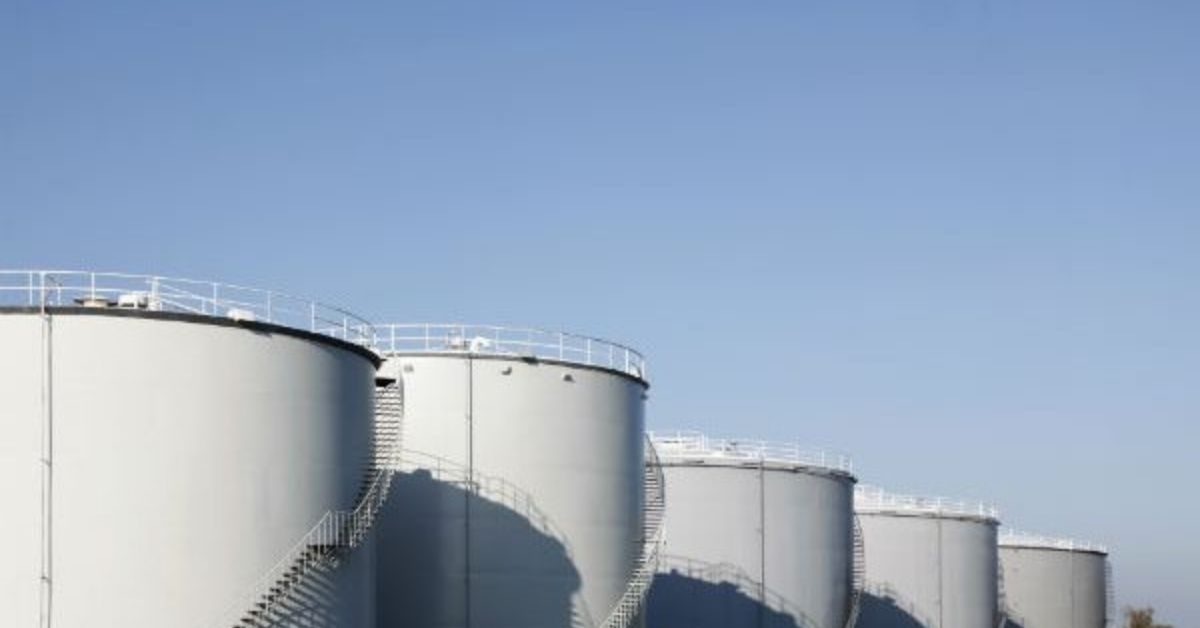The Supreme Court has upheld a National Green Tribunal (NGT) judgement ordering the demolition of an oil storage tank in north Chennai that was part of the Adani Group’s joint venture with Chennai-based KTV Group, in a setback to the Ahmedabad-based company.
Disposing of an appeal against the NGT order, a three-judge Bench of Justices KM Joseph, BV Nagaratna and JB Paradiwala, also upheld the authorities’ judgment imposing a fine of ₹25 lakh on the joint venture.
Two reliefs
They, however, gave two reliefs. One was the venture got six months time to demolish the storage tank that was constructed in Tondiarpet on Ennore Expressway. The second was the company could apply to the District Coastal Zone Management Authority with an application to allow the underground pipeline it had laid to transmit edible oil from the port to the storage tank.
The application will have to be made within a month of the judgment and the authority should dispose it of within one-and-a-half months.
The judges said they were permitting the company to apply for permission for the pipeline since it was allowed “ex-post facto” under the Coastal Regulation Zone (CRZ) notification. But it will be for the authorities to decide if the pipeline can serve the purpose without the storage tank.
‘Within’ or ‘in’
The NGT had ordered the demolition of the storage tank as it was not located “within” or “in” the port in Chennai port. The tank was to store edible oil that the joint venture imported into the country through the port.
The venture also got permission to transmit the edible oil through an underground pipeline from the port and from the storage the oil was to be taken to its refinery for further processing.
The permission was granted by the Chennai Fishing Harbour Management Committee and the Chennai Port Trust on the recommendations of the District Coastal Zonal Management Authority, Chennai. The National Highways Authority gave permission for laying the underground pipeline across the Ennore Expressway.
Arguments rejected
Even as the joint venture awaited the nod from the Union Environment Ministry, it began laying the pipeline. This resulted in an activist moving the NGT against the pipeline on October 19, 2016.
The Union Environment Ministry gave its go-ahead for the pipeline on March 8, 2019, after the CRZ notification was amended. However, the NGT struck down the amendment and ordered the demolition besides imposing the penalty.
The tribunal order said that under the CRZ I regulations, the storage facility was not located within the Chennai port. The companies argued that under CRZ II storage of edible oil is permitted “in” the port area and thus could be permitted despite being outside the port.
“…the understanding of the authorities, if that be the basis of the contention, cannot overwhelm our understanding of the notification. We again reiterate that the words ‘within’ and ‘in’ cannot include what is outside the port,” the Bench said.
The venture argued that laying the pipeline ensured that additional vehicle load on the Chennai port and the pipeline will help more evacuation of edible oil increasing the port’s efficiency. It also contended that the port did not have space for its facility. The Bench rejected both of these arguments.







